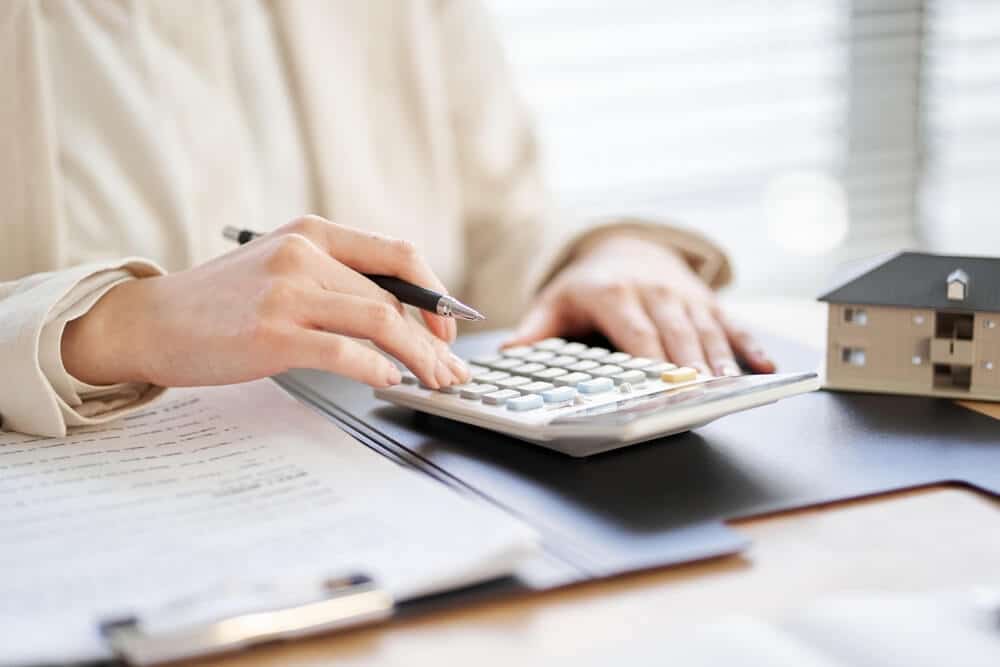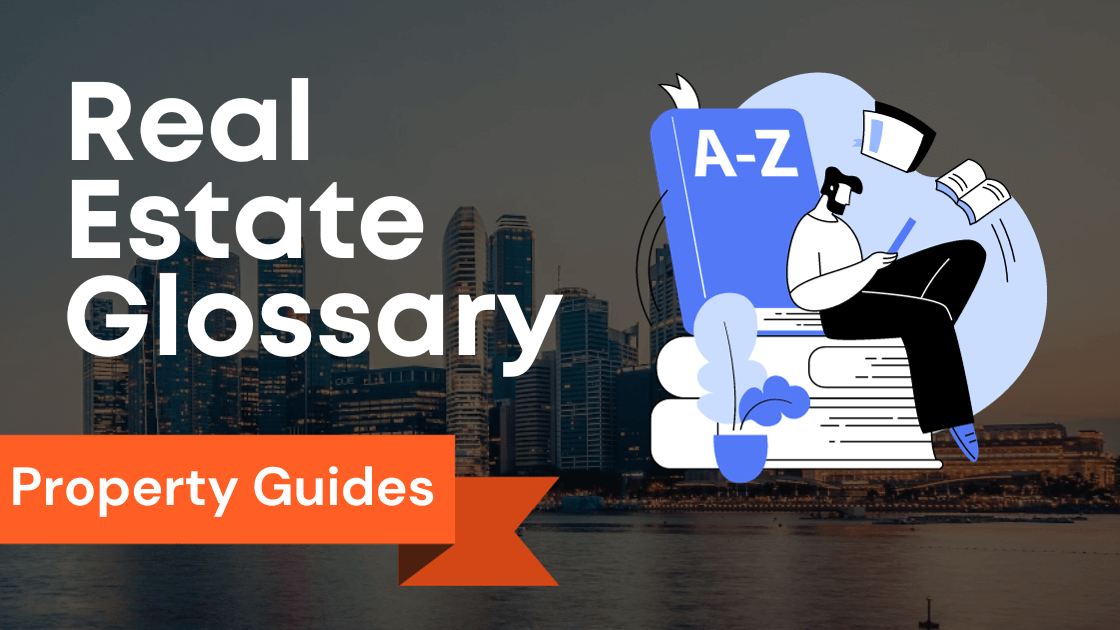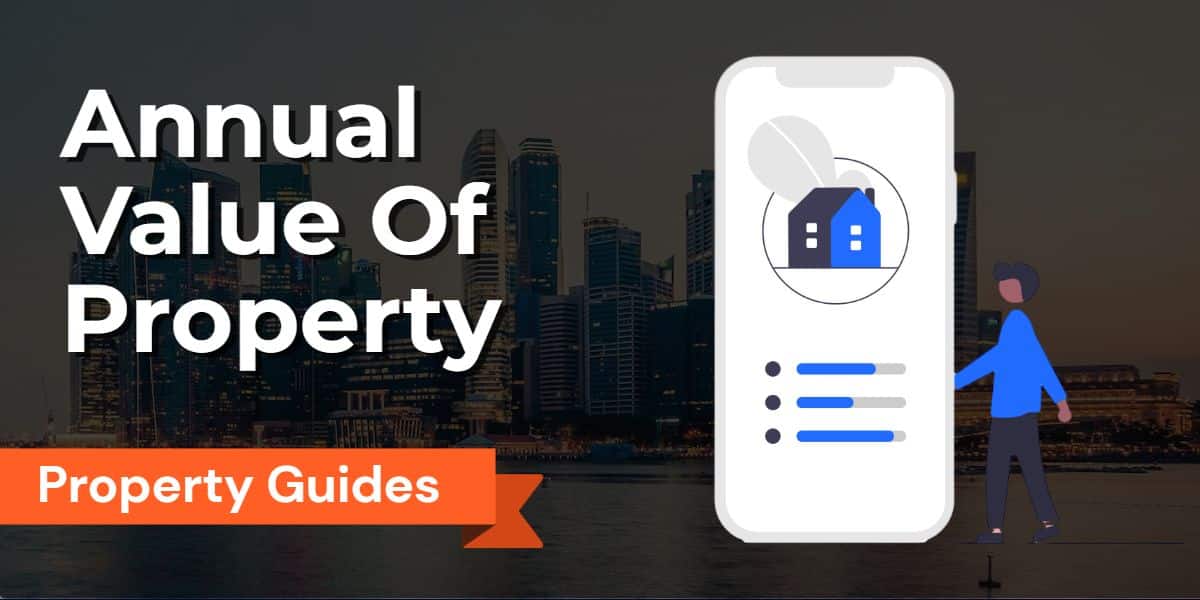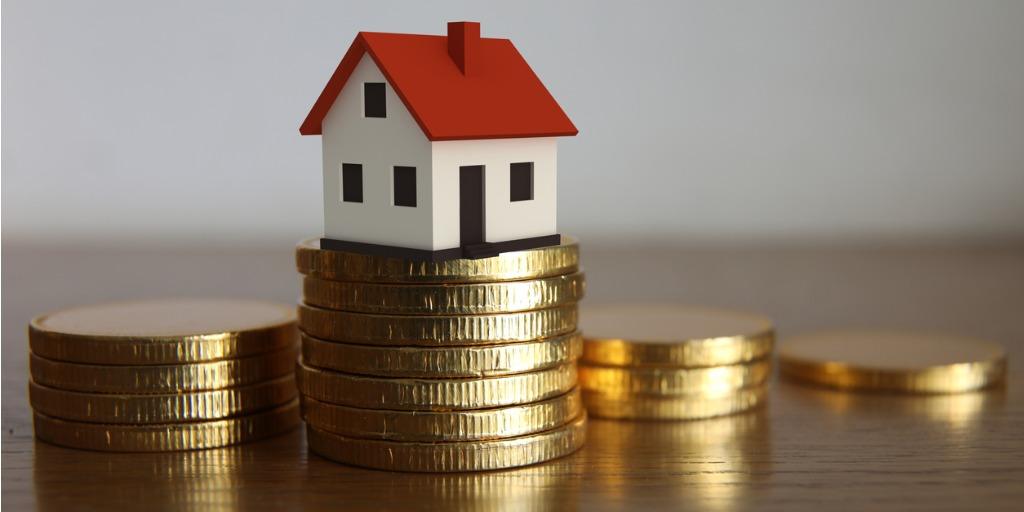
Do you need help with renting and buying a home in Singapore?
Making the correct choice requires careful consideration of various factors that impact your finances and lifestyle.
This blog explores the pros and cons of renting and buying, considers the costs and benefits, examines the emotional and lifestyle aspects, and analyzes market trends and financial implications.
With the help of buy vs. rent calculators, we’ll guide you through the decision-making process so you can make an informed choice that aligns with your needs and goals.
Key Takeaways
| Renting a Home | Buying a Home |
|---|---|
| Provides flexibility and mobility | Offers stability and ownership |
| Lower upfront costs | Requires significant upfront costs |
| No responsibility for maintenance and repairs | Responsible for maintenance and repairs |
| Monthly rental payments | Monthly mortgage payments |
| No equity building | Opportunity to build equity over time |
| Rental costs subject to potential increases | Potential for property appreciation |
| Limited control over property | Freedom to customize and personalize |
| No tax benefits or deductions | Tax deductions on mortgage interest and property taxes |
| Suitable for those uncertain about future plans | Suitable for those seeking long-term investment |
| Avoids risks associated with property value depreciation | Potential risks of property value depreciation |
| No potential return on investment | Potential financial gains through property appreciation |
| Requires good relationship with landlord | Independence in property decisions |
| Limited eligibility and restrictions in Singapore | Challenges with regulations and high property prices |
| Does not contribute to building wealth | Opportunity to build wealth through equity and appreciation |
| More suitable for individuals prioritizing flexibility | More suitable for individuals seeking stability and long-term ownership |
| Rent vs buy calculators help with financial analysis | Rent vs buy calculators aid in financial analysis |
| Emotional factors: flexibility and lower stress | Emotional factors: stability and personalization |
| Renting costs subject to rental market trends | Buying costs subject to home price fluctuations |
| Rental rates vary based on location and demand | Home prices affect affordability of buying |
| Renting may be more cost-effective in certain situations | Buying may be more financially viable in certain situations |
| Potential risks: rent increases, lack of control | Potential risks: property depreciation, maintenance costs |
| Return on investment: flexibility, no equity building | Return on investment: equity building, potential appreciation |
| Tax implications vary, consult with tax professional | Tax deductions on mortgage interest and property taxes |
| Considerations in Singapore: HDB eligibility and restrictions | Challenges in Singapore: government regulations and high property prices |
| Advantages: flexibility, lower upfront costs | Advantages: potential financial gains, stability, ownership |
Understanding the Rent vs Buy Dilemma
Regarding housing decisions, the age-old question of whether to rent or buy a home in Singapore often arises.
This dilemma is faced by many individuals who are looking for a place to call their own.
However, making the right choice requires careful consideration of various factors that can significantly impact your financial situation and lifestyle.
Is it better to rent or buy a home in Singapore?
There is no one-size-fits-all answer to this question.
The decision to rent or buy ultimately depends on your circumstances and goals.
Leasing may be more suitable for those who value flexibility and are not ready to commit to long-term investment.
On the other hand, buying a home can provide stability and the opportunity to build equity over time.
What are the factors to consider when deciding to rent or buy?
Several factors come into play when determining whether to rent or buy a home.
These include your financial situation, long-term plans, market trends, and location preferences.
Evaluating these factors is crucial to make an informed decision that aligns with your needs and goals.
How does a rent vs buy calculator help in decision-making?
A rent vs. buy calculator is a valuable tool that can assist you in making an informed housing decision.
The calculator can comprehensively analyze the short-term and long-term financial implications of renting versus buying by inputting relevant financial information such as rental costs, mortgage rates, and home prices.
Pros and Cons of Renting a Home

Renting a home in Singapore offers certain benefits that may be attractive to individuals who prioritize flexibility and convenience.
One of the key advantages of renting is the lower upfront costs compared to buying a home.
Renters typically only pay a security deposit and the first month’s rent.
Additionally, renting provides flexibility, allowing individuals to quickly move to a different location or upgrade to a larger space when needed.
What are the drawbacks of renting instead of buying?
While renting may offer flexibility and lower upfront costs, it also has drawbacks.
One major drawback is the need for equity building.
Unlike homeowners, renters do not gain any ownership stake in the property.
Additionally, rental costs are subject to potential increases over time, making long-term financial planning more challenging.
How does renting homework in terms of costs and flexibility?
Renting a home involves paying the landlord or property owner a monthly rent.
The rental amount is determined based on location, size, and market demand.
Depending on the terms of the lease agreement, renters may also be responsible for utility bills and maintenance costs.
While renting offers flexibility, it’s essential to carefully review the lease terms and understand the landlord’s policies regarding repairs and renovations.
Factors to Consider When Deciding to Rent or Buy
Several key factors should be considered when deciding whether to rent or buy a home.
What are the upfront costs of buying a home?
Buying a home typically involves significant upfront costs such as the down payment, closing costs, and other fees associated with the purchase.
It’s essential to clearly understand these costs and ensure you have the financial means to cover them.
How does renting a home compare to owning a home in terms of financial responsibilities?
When renting a home, the primary financial responsibility is paying the monthly rent to the landlord.
However, when you own a home, you are responsible for the mortgage payment, property taxes, homeowner’s insurance, and any maintenance or repairs that may be needed.
What impact do interest rates have on the rent vs buy decision?
Interest rates play a significant role in the rent vs buy decision.
Low-interest rates can make buying a home more affordable by reducing the monthly mortgage payment.
On the other hand, high-interest rates can increase the cost of borrowing and make renting more attractive.
Renting a Home: Exploring Costs and Benefits

Renting a Singapore home comes with costs and benefits that must be carefully considered.
How is rental determined in Singapore?
In Singapore, rental prices are determined by various factors, including location, size, condition, and demand.
Researching the current rental market in your desired area is essential to understand the average rent for similar properties.
What are the advantages of being a tenant rather than a homeowner?
As a tenant, you are not responsible for the maintenance and repair costs of the property.
This can provide peace of mind and save you money in the long run.
Additionally, renting a home allows for greater flexibility, as you can quickly relocate or downsize without the hassle of selling a property.
What should tenants consider when dealing with landlords?
When renting a home, having a good relationship with your landlord is crucial.
Discussing and clarifying expectations regarding repairs, lease renewal, and any additional charges that may apply is essential.
It’s also advisable to thoroughly inspect the property before renting and document any existing damage to avoid disputes later.
The Cost of Buying a Home: Beyond the Purchase Price
Buying a home involves more than just the purchase price.
There are additional expenses and financial considerations that should be taken into account.
What additional expenses should be considered when buying a home?
Aside from the purchase price, buyers must consider other expenses such as home insurance, property taxes, and renovation costs.
Budgeting for these expenses is essential to ensure you can comfortably afford homeownership.
How does property tax affect the cost of owning a home?
In Singapore, property tax is levied on all residential properties.
It is calculated based on the annual value of the property.
Property tax adds to the overall home cost and should be factored into your financial calculations.
What are the financial benefits of owning a home, such as equity and appreciation?
Owning a home can provide several financial benefits in the long run.
One of the main advantages is building equity over time.
As you make mortgage payments, you gradually increase your ownership stake in the property.
Additionally, properties in desirable locations tend to appreciate over time, which can result in substantial financial gains if you decide to sell.
Using a Rent vs Buy Calculator to Evaluate Your Options

How does a rent vs buy calculator work?
The rent vs. buy calculator is a tool that compares the costs associated with renting a property versus buying one.
It considers the home’s purchase price, mortgage interest rates, property taxes, maintenance and repair fees, and the time you plan to stay there.
What factors should I consider when using a rent vs buy calculator?
When using a rent vs buy calculator, you should consider variables like the cost of renting a similar home, the potential appreciation in the value of your home, the monthly rental payment, and any recurring costs associated with home ownership.
These factors will help you determine which option would be more financially beneficial.
Are there any reliable rent vs buy calculators available online?
Yes, there are several reliable rent vs buy calculators available online.
Websites of reputable financial institutions and real estate platforms offer calculators that consider the specificities of your local real estate market.
Using a calculator tailored to your region is recommended to obtain accurate results.
Renting vs Buying: Financial Considerations and Long-Term Impact
How does renting impact my finances in the long run?
Renting a property means paying a monthly rental amount without building equity.
While renting may provide you the flexibility to move more efficiently, you miss out on the opportunity to make home equity and benefit from potential appreciation in home value over time.
What are the financial benefits of buying a home?
Buying a home brings certain financial benefits.
When you decide to buy a property, you are investing in an asset that has the potential to appreciate over time.
Additionally, you can build home equity and take advantage of tax deductions on mortgage interest and property taxes.
What are the potential drawbacks of buying a home?
Buying a home also comes with potential drawbacks.
Upfront costs are associated with purchasing a property, such as down payments, closing costs, and possible maintenance and renovation expenses.
Furthermore, suppose you plan to sell the home in the future.
In that case, you should consider the costs of selling and the potential impact on your finances if the house does not appreciate as expected.
Renting Instead of Buying: Is it a Better Option for You?

When does renting make more sense than buying?
Renting may make more sense than buying in certain situations.
If you have a limited budget, are unsure about your plans, and prefer flexibility, renting can be a better option.
Additionally, if the cost of renting a similar home is significantly lower than the cost of homeownership, renting might be the more financially viable choice.
What are the advantages of renting instead of buying?
One advantage of renting is avoiding upfront costs associated with buying a property.
You are also not responsible for maintenance and repair expenses, typically the landlord’s responsibility.
Renting provides more flexibility to move if circumstances change, allowing you to allocate your funds toward other investments or savings.
What are the limitations of renting a home?
Despite its advantages, renting a home has limitations.
The monthly rental payment does not contribute to building home equity, and you are subject to potential rent increases.
You also have less control over the property and may have to adhere to the landlord’s restrictions.
The Emotional and Lifestyle Aspects of Renting and Owning a Home
What emotional factors should I consider when deciding between buying and renting?
When deciding between buying and renting, it is essential to consider your emotional factors.
Owning a home provides a sense of stability and the opportunity to personalize your living space to your liking.
On the other hand, you are renting offers more flexibility and less stress associated with the responsibilities of homeownership.
How does homeownership affect my lifestyle?
Homeownership has a significant impact on your lifestyle.
It comes with the responsibility of maintaining and repairing your home.
Homeowners are also free to make modifications and have more control over their living space.
However, these privileges also mean taking on the associated costs and dedicating time and effort to home maintenance.
What are the potential benefits of renting in terms of flexibility?
Renting offers more flexibility compared to buying a property.
If you anticipate changes in your job, family situation, or location shortly, renting allows you to adapt more quickly.
You can easily relocate without worrying about selling a property or breaking a mortgage agreement.
Exploring the Real Estate Market: Home Prices and Rental Rates

How do home prices in Singapore affect the buy vs rent decision?
Home prices in Singapore play a crucial role in the buy vs rent decision.
Buying a property in a market with high fees may require a substantial investment and commitment.
On the other hand, renting may be more affordable if the cost of purchasing a home is prohibitively high.
What are the current rental rates in Singapore?
The current rental rates in Singapore vary depending on the property’s location, size, and condition.
Researching and comparing rental rates in different neighborhoods is essential to determine if renting is a financially viable option for you.
Are there any trends in the real estate market that affect the buy vs rent choice?
Real estates market trends, such as fluctuations in home prices and rental rates, can influence the buy vs rent choice.
Buying a property may be more attractive if the market is experiencing a period of high home price appreciation.
Conversely, renting may be more cost-effective if rental rates rise quickly.
Understanding the Role of Mortgages and Interest Rates in the Decision
How does a mortgage work?
A mortgage is a loan used explicitly for purchasing a property.
It allows you to borrow a certain amount of money from a bank or financial institution, which you repay over a predetermined period, typically with interest.
This enables you to afford a home without paying the entire purchase price upfront, spreading the payment over several years.
What are the factors to consider when choosing a mortgage?
When choosing a mortgage, several factors should be taken into consideration.
These include the interest rate, loan duration, down payment requirement, and associated fees or charges.
It is important to carefully compare different mortgage options and consult with a financial advisor to determine the most suitable choice for your circumstances.
How do interest rates affect the decision to rent or buy?
Interest rates play a crucial role in the decision to rent or buy.
When interest rates are low, securing a mortgage and buying a property may be more affordable.
Lower interest rates result in lower monthly mortgage payments, making homeownership more financially feasible.
Conversely, high-interest rates can make buying a property less attractive and renting a more viable option.
Additional Costs of Homeownership: Property Tax, Insurance, and Maintenance

What are the additional costs of owning a home?
Aside from mortgage payments, there are additional costs associated with homeownership.
These include property tax, insurance, and maintenance expenses.
Property tax is an annual amount that property owners must pay, which varies depending on the property value.
Insurance is necessary to protect your property and belongings from unforeseen events.
Maintenance and renovation costs are also significant, as properties require regular upkeep to retain their value.
How does property tax affect the decision to rent or buy?
Property tax is an important consideration when deciding between renting and buying.
When you rent a property, property tax is typically included in the rental payment, indirectly paid by the landlord.
However, you will be directly responsible for paying property tax as a homeowner.
This additional cost should be factored into your budget when determining the property’s affordability.
What are the insurance requirements for homeowners?
As a homeowner, it is essential to have homeowners insurance to protect your investment.
Covers provide coverage for d and property and liability coverage in the event someone is injured on your property.
The specific requirements for homeowners insurance may vary depending on the policy and the insuranessentialer, so it is essential to carefully review and understand the coverage before purchasing a property.
Renting or Buying: Evaluating the Risk and Return on Investment
What are the potential risks of renting or buying?
Both renting and buying a property come with their own set of risks.
When renting, you are subject to the decisions of the property owner, including potential rent increases or the decision to sell the plan.
Opportunity cost isis an opportunity cost associated with renting, as the money spent on rent cannot be invested elsewhere.
On the other hand, buying a property comes with the risk of property value depreciation and the potential costs of maintenance and repairs.
How can you evaluate the return on investment? It is essential to consider both short-term and long-term perspectives on renting or buying.
To evaluate the return on investment from long-term perspectives.
When renting, you can move and change your living situation.
However, you need the potential for property value appreciation, or the ability to build property’s value may increase over time, allowing you to build wealth through appreciation.
Additionally, mortgage payments contribute to building equity, which can be beneficial in the long run.
Are investments taxed differently if you rent instead of buying?
The tax implications of renting or buying depend on the specific investment and the local tax regulations.
In some cases, rental income may be subject to tax, while the profit from selling a property may also be subject to capital gains tax.
It is essential to consult with a tax professional or accountant to properly understand the taxation rules and potential benefits or disadvantages of renting versus buying in your specific situation.
Renting vs Buying in Singapore: Unique Considerations and Challenges

What are the specific considerations for renting in Singapore?
In Singapore, renting a property, particularly public housing (Housing & Development Board (HDB) flats, is widespread.
Renting an HDB flat can provide cost savings and accessibility to various amenities.
However, it is essential to consider the eligibility criteria and restrictions imposed by the government, such as the requirement of being a Singapore citizen or permanent resident.
What are the unique challenges of buying a home in Singapore?
Buying a home in Singapore can be a complex process, especially for foreigners.
Regulations and policies imposed by the government, such as Additional Buyer’s Stamp Duty (ABSD) and Loan-to-Value (LTV) limits, can affect the affordability and accessibility of purchasing a property.
Additionally, Singapore’s limited land supply and high property prices pose challenges for potential buyers.
Are there any restrictions or limitations for property ownership in Singapore?
Yes, there are certain restrictions and limitations for property ownership in Singapore.
For example, foreign individuals are restricted from buying certain types of properties without approval from the government.
Additionally, the government has implemented various measures to regulate the property market and ensure affordable housing options for Singapore citizens.
Making the Decision: Weighing the Pros and Cons of Renting and Buying
What are the advantages of renting a home?
Renting a home offers advantages like flexibility and lower upfront costs.
Renting provides the flexibility to move without the burden of selling a property.
It also eliminates the need for a sizeable down payment and the responsibility of property maintenance and repairs.
Renting can be suitable for individuals who prioritize mobility and prefer to avoid being tied down to a specific location.
What are the benefits of buying a home?
Buying a home brings several benefits, including potential long-term financial gains and a sense of stability and ownership.
Owning property allows you to build equity, which can be used for future investments or as collateral for loans.
It also provides peace and the freedom to customize and personalize your living space according to your preferences.
Is renting a better option than buying?
Whether renting or buying is a better option depends on your circumstances and priorities.
Leasing may be preferable for those who value flexibility and want to avoid the financial commitment and responsibilities of homeownership.
On the other hand, buying a property may be more suitable for individuals looking for long-term stability, the potential for property appreciation, and the ability to build equity over time.
Conclusion
In conclusion, the decision to rent or buy a home in Singapore is a personal one that depends on various factors.
Renting offers flexibility and lower upfront costs, making it attractive for those who prioritize mobility and prefer to avoid committing to a long-term investment.
On the other hand, buying a home provides stability, the opportunity to build equity and potential long-term financial gains.
When deciding between renting and buying, you must consider your financial situation, long-term plans, market trends, and location preferences.
Using a rent vs buy calculator can help analyze the financial implications of each option based on your specific circumstances.
Renting a home has advantages, such as lower upfront costs and flexibility to move, but drawbacks, such as the lack of equity building and potential rent increases over time.
Owning a home entails additional expenses like property taxes, insurance, and maintenance but offers benefits like building equity and potential property appreciation.
Frequently Asked Questions
Should I buy or rent a home?
Whether to buy or rent a home depends on your financial situation and long-term plans.
Buying a house allows you to build equity, take advantage of tax benefits, and generate passive income through property appreciation.
On the other hand, renting provides flexibility and freedom from responsibilities like property maintenance and mortgage payments.
What are the costs associated with renting?
When renting a home, you typically must pay monthly rent, a security deposit (usually equivalent to 2-3 months’ rent), and any allied costs such as utilities and parking fees.
Renting also means you won’t receive any tax incentives or build equity in the property.
Is it better to rent a home?
Whether renting a home is better depends on your circumstances and priorities.
Renting can be a good option if you prefer flexibility, have a limited budget, or are uncertain about your long-term plans.
It allows you to avoid the financial commitment and responsibilities of owning a home.
What are the advantages of buying a home?
Buying a home offers several advantages.
Firstly, you build equity over time, which can help you create long-term wealth.
Additionally, you may be eligible for tax benefits, such as deductions for mortgage interest and property taxes.
Buying a home also provides stability and the freedom to customize and make changes to your property.
How does the housing market affect the decision to buy or rent?
The housing market plays a significant role in the decision to buy or rent.
It may be an excellent time to buy a house in a buyer’s market with low property prices and favorable loan rates.
However, in a seller’s market, where property prices are high and competition is fierce, renting might be a more viable option until the market stabilizes.
What is private mortgage insurance (PMI)?
Private mortgage insurance (PMI) is a type of insurance that mortgage borrowers must pay if they have less than a 20% down payment on their home purchase.
PMI helps protect the lender in case the borrower defaults on the loan.
How does my credit score affect my ability to buy a home?
Your credit score plays a crucial role in determining your eligibility for a mortgage and the interest rates you’ll be offered.
A higher credit score generally leads to lower interest rates and more favorable loan terms.
Checking and improving your credit score before applying for a mortgage is advisable.
How does my marital status impact the decision to buy or rent?
Your marital status can affect buying or renting a home.
Buying a house together may provide stability and long-term financial benefits for couples.
However, in the case of divorce or separation, dividing property ownership can become complex.
It’s essential to consider your marital status and its potential impact on homeownership.
What are the costs associated with buying a home?
Buying a home involves various costs, including the down payment, closing costs (such as appraisal fees, loan origination fees, and title insurance), property taxes, homeowners insurance, and ongoing maintenance expenses.
It’s important to factor in these costs when considering homeownership.




















